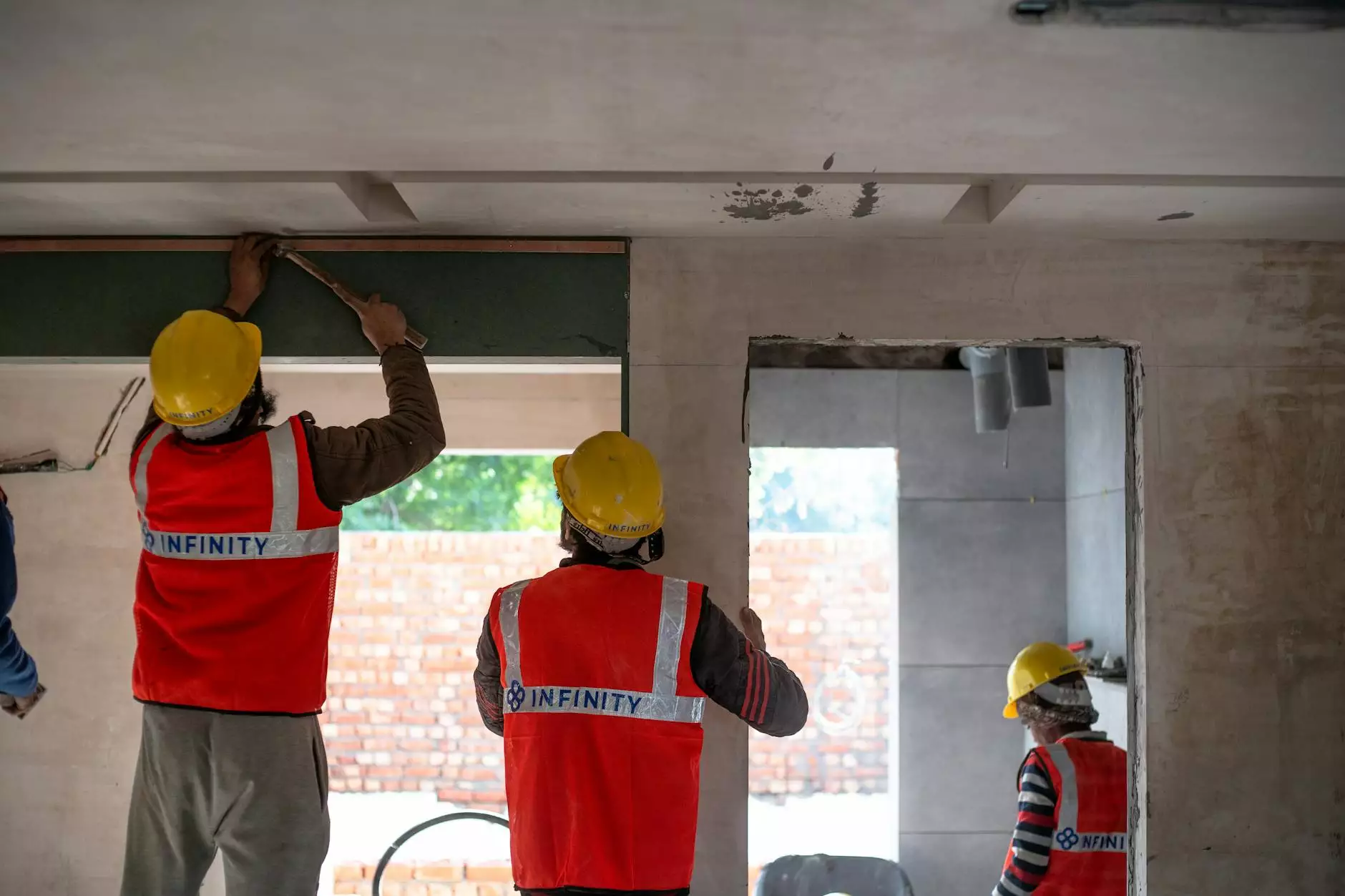Empowered Communities: The Role of Black Churches in Brooklyn

The rich tapestry of Brooklyn's cultural heritage is interwoven with the vibrant presence of black churches. These institutions serve as pillars of the community, offering spiritual guidance, social justice advocacy, and vital community services that not only uplift their congregations but also strengthen the community at large. In this article, we delve deep into the multifaceted roles that black churches in Brooklyn play, showcasing their influence and importance in contemporary society.
The Historical Significance of Black Churches in Brooklyn
Historically, black churches have emerged as foundational establishments within African American communities, especially during the tumultuous periods of segregation and civil rights movements. They are more than places of worship; they are arenas of activism, education, and empowerment.
The Roots of Empowerment
Many black churches in Brooklyn have been a source of social change and advocacy, standing against injustice and inequality. From the era of slavery to present-day struggles for equality, these churches have acted as safe havens where individuals could gather, strategize, and mobilize for change.
A Hub for Community Engagement
These churches often serve as community centers, providing essential services such as food pantries, educational programs, and health clinics. For many families in Brooklyn, the local black church is a lifeline where they can access resources and support.
The Cultural Impact of Black Churches
Cultural expression within black churches in Brooklyn is profound. Music, art, and gospel traditions play a significant role not only in worship but also in the cultural identity of the African American community.
The Role of Music and Worship
- Gospel Music: A unique genre that originated in the African American churches, gospel music is a vital part of worship services, representing a joyful expression of faith.
- Liturgical Art: Many churches incorporate visual arts reflecting Black culture, using murals and stained glass to depict biblical stories that resonate with their congregations.
The dynamic worship services found in Christian denominations such as Baptist, Methodist, and African Methodist Episcopal (AME) churches in Brooklyn often showcase the blend of traditional and contemporary worship styles that attract a diverse membership.
Community Service and Support Programs
Among the most admirable aspects of black churches in Brooklyn is their commitment to community service. They partake in a variety of programs aimed at improving the lives of their congregants and the larger community.
Social Outreach Initiatives
Through various social outreach initiatives, black churches tackle issues such as poverty, education gaps, and health disparities. These programs often include:
- Food Distribution Programs: Churches work with local food banks to provide meals and groceries to families in need.
- Academic and Mentoring Programs: Many churches offer tutoring and mentorship for youth to promote educational success.
- Health Awareness Campaigns: Health fairs and workshops are held to educate the community about health issues, ensuring access to necessary resources.
Creating a Safe and Inclusive Space
By establishing a safe space, black churches in Brooklyn foster an environment in which individuals can share their struggles and triumphs. The sense of community that these churches cultivate is crucial for mental health and well-being.
The Future of Black Churches in Brooklyn
As we look toward the future, black churches in Brooklyn continue to adapt to meet the changing needs of their congregations and the community at large. The development of online services and virtual outreach is one significant shift, especially in response to the COVID-19 pandemic.
Embracing Technology
The integration of technology into worship and outreach allows black churches to reach a broader audience. Many organizations are now leveraging social media platforms to engage with both members and the wider community, ensuring that spiritual nourishment is accessible to all.
Strengthening Interfaith Collaborations
Additionally, many black churches are exploring interfaith collaborations, working together with churches of different denominations and faiths to address shared community issues such as homelessness, racial inequality, and education reform.
Conclusion: The Lasting Impact of Black Churches in Brooklyn
In conclusion, the black churches in Brooklyn stand as beacons of hope and transformation. They are vital for spiritual development, community empowerment, and cultural preservation. The ongoing commitment of these institutions to serve their communities underscores their pivotal role in shaping not only the lives of their members but also the broader societal landscape.
As Brooklyn continues to evolve, the presence of black churches will undoubtedly remain significant, reinforcing the fabric of community life and leading initiatives for social justice, cultural celebration, and spiritual growth.
For more information about the wonderful work done by local black churches in Brooklyn and how you can get involved, visit Bridge Church NYC.









